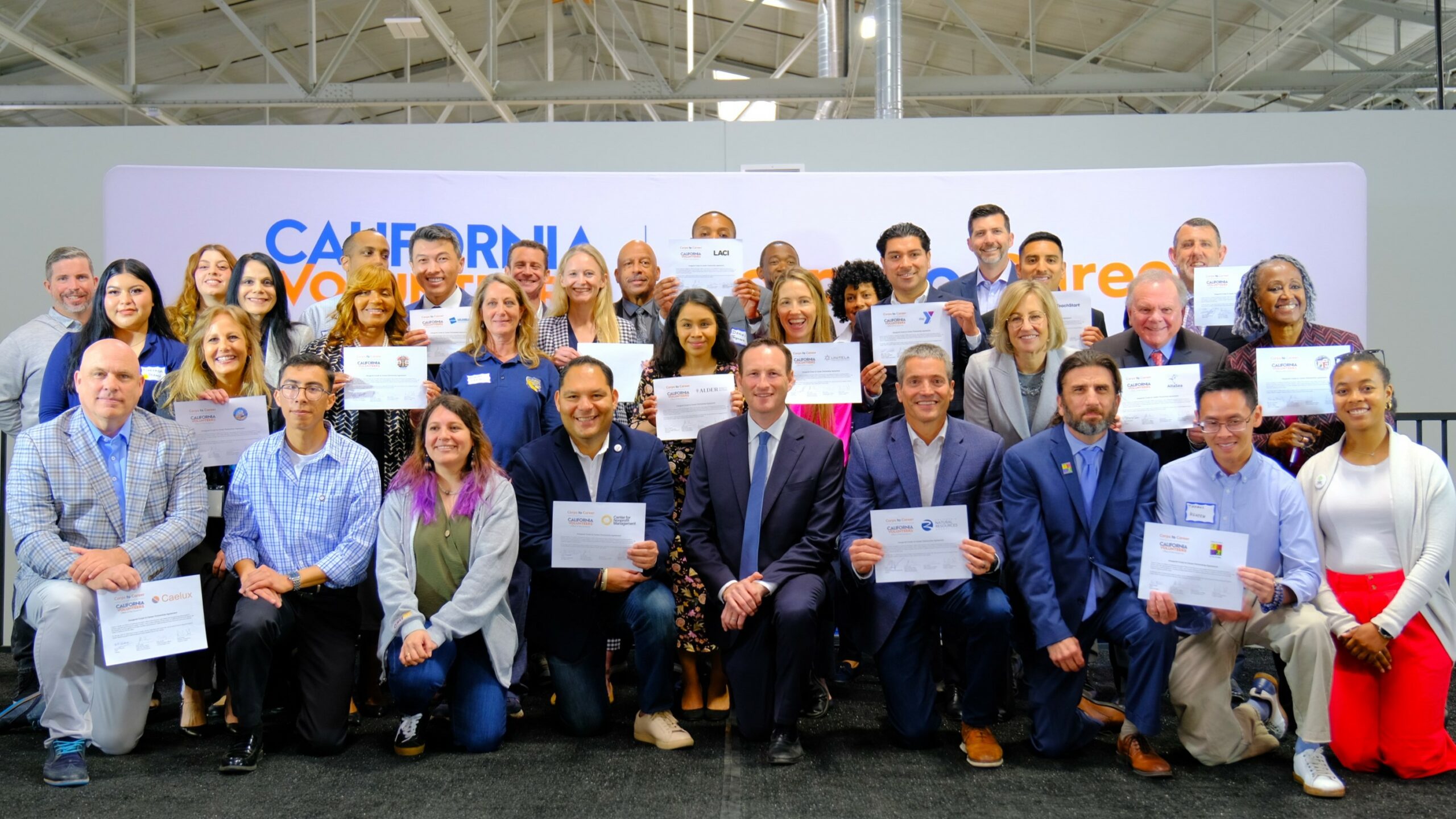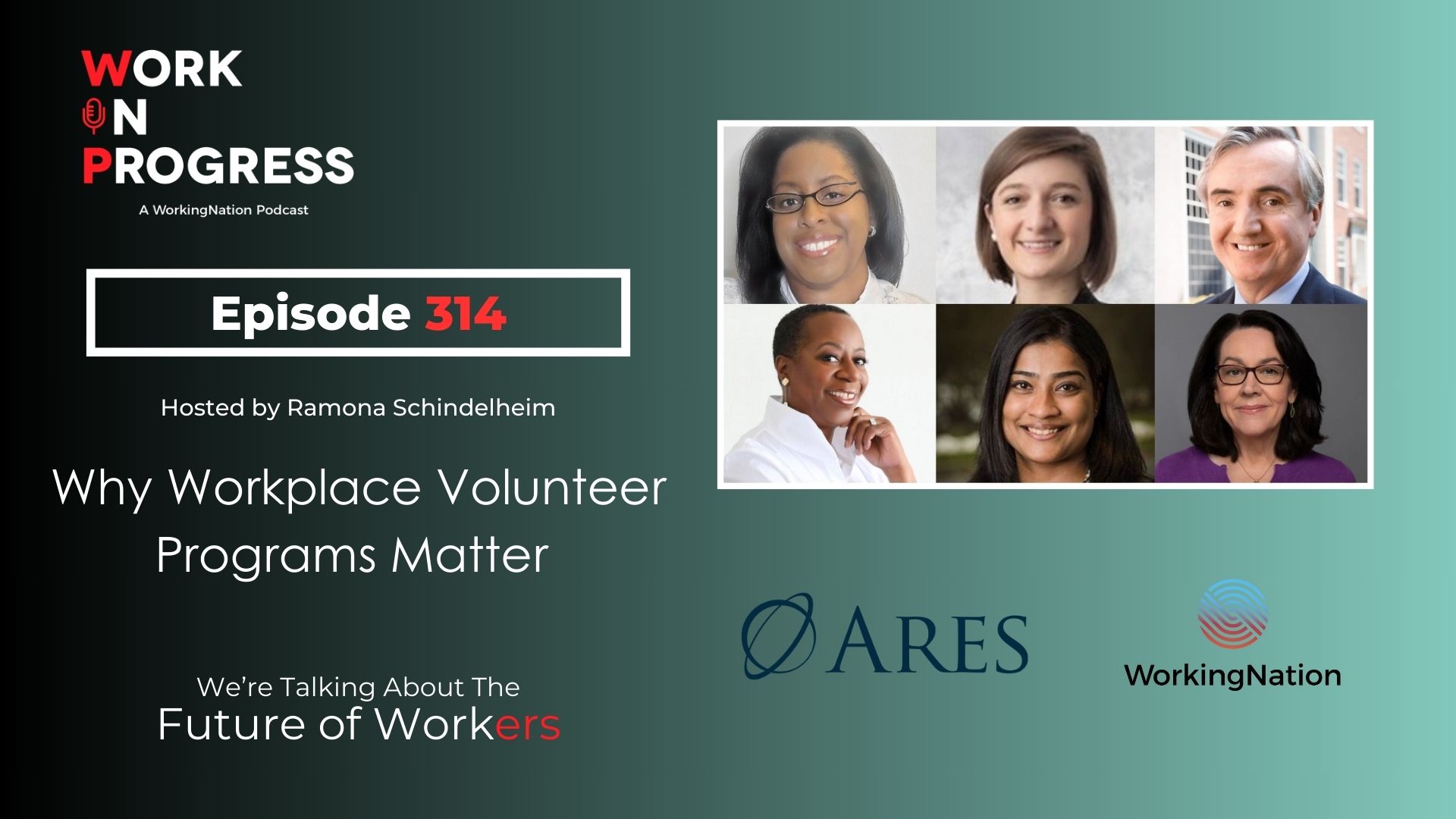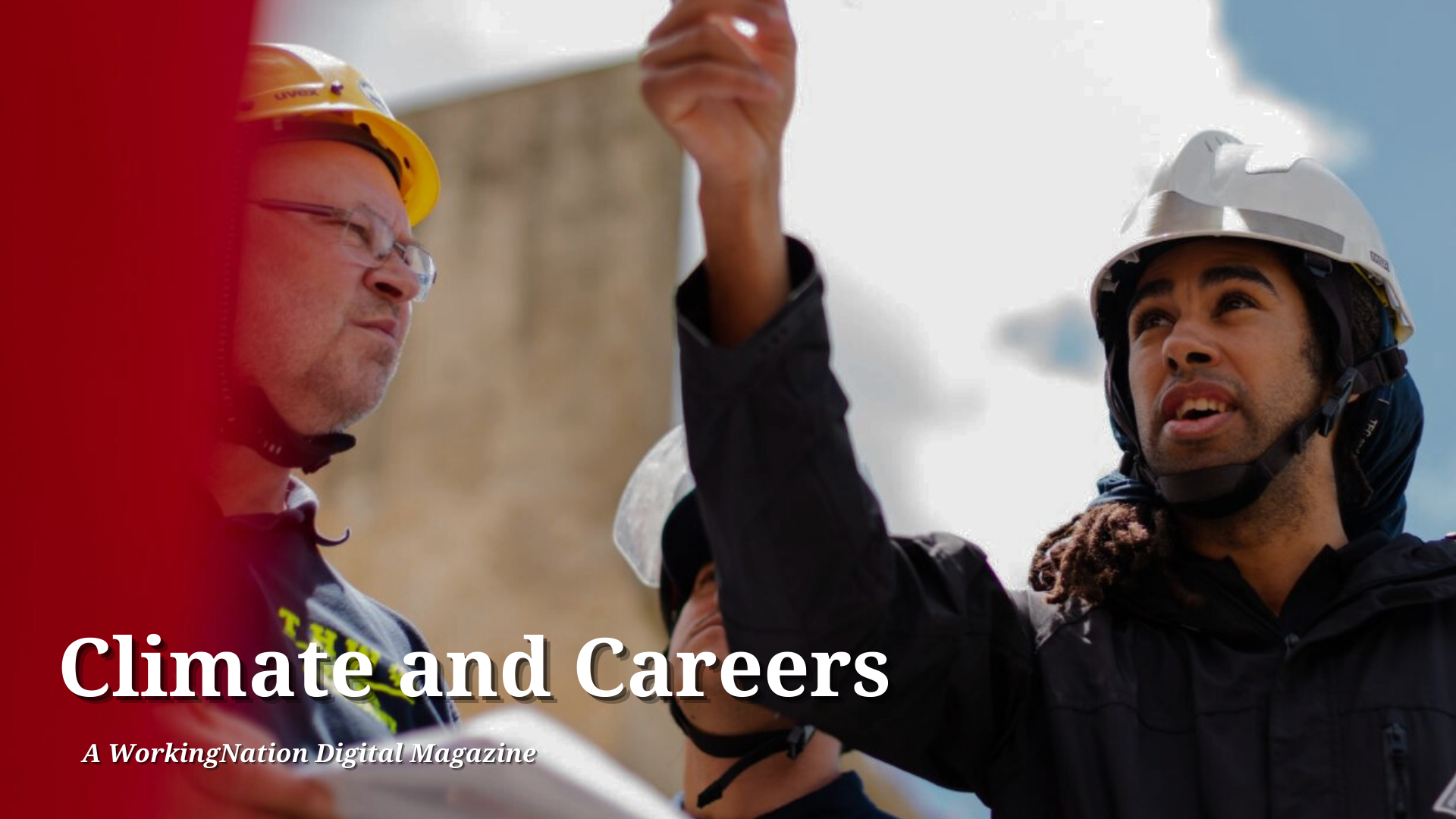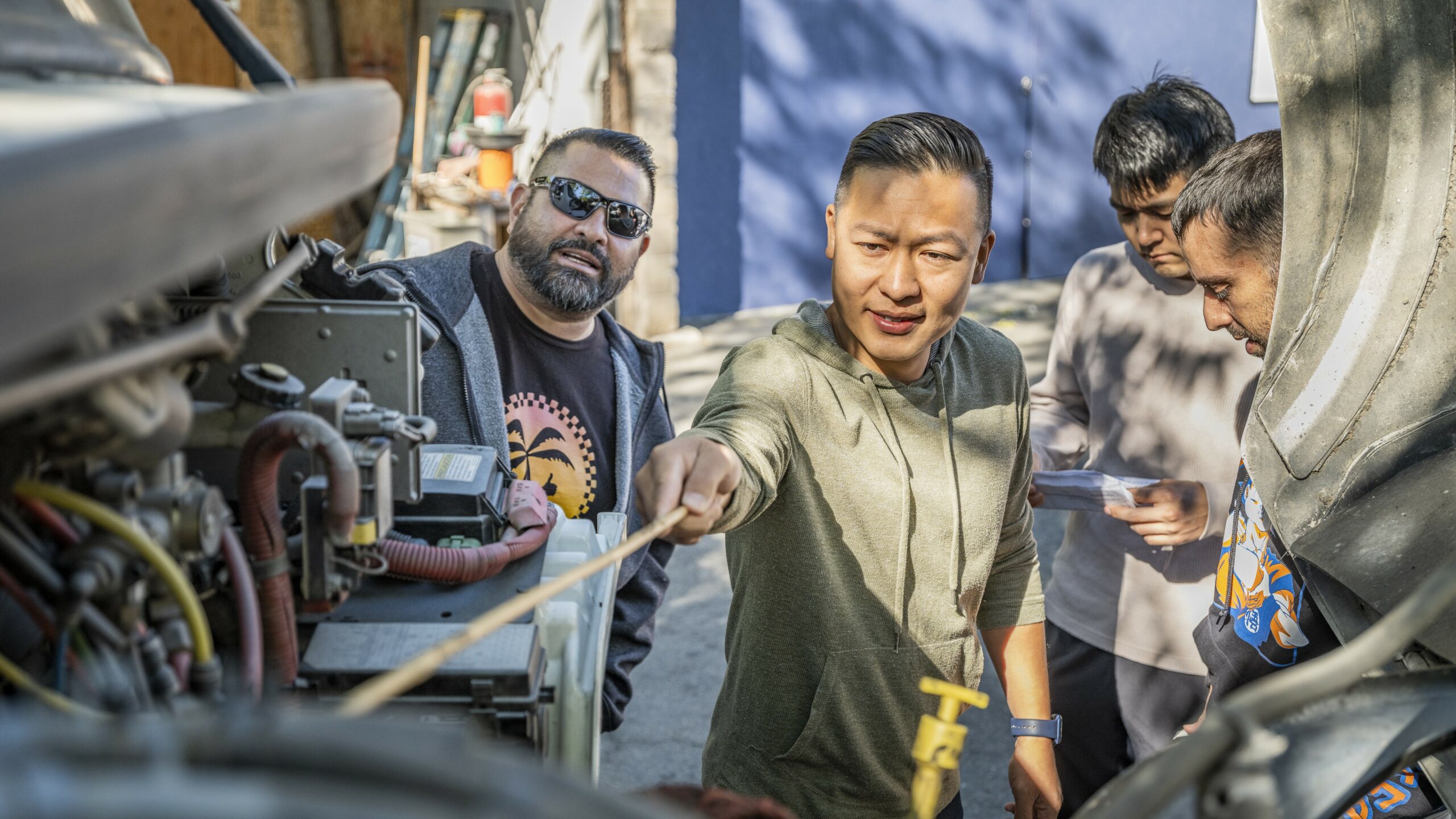Finding enough skilled workers in the U.S. remains a challenge for many employers, with more than 9 million jobs open nationwide. The labor shortage in the country is described as unprecedented, caused by a number of factors, with some states facing more severe shortages of workers than others.
Colorado is one of them. In 2022, the state had two job openings for every available worker, according to the Colorado Workforce Development Council.
Finding solutions to narrow those gaps has become a top priority for the state. Several initiatives are underway, including one that looks to provide skills training for specific sectors, starting with health care. Residents of Colorado are eligible to receive free tuition at community and technical colleges for short-term training certification programs for jobs through employer partners.
Targeting Workforce Needs by Region
Colorado is also looking to target labor shortfalls in specific regions of the state through a grant program passed by legislators in 2022. The goal is to create and expand workforce development initiatives and provide workers skills they need to obtain jobs with living wages in their communities.

Common Group is one of four organizations managing the $85 million grant program called Opportunity Now Colorado, which is overseen by the Colorado Office of Economic Development and Trade. The other three managers are Strada, Mile High United Way, and WestEd.
“One of the key goals of the program is really about how do we meet regional talent needs, with a region being defined pretty broadly,” explains Lisa Richardson, a principal at Common Group, a social impact consulting organization.
Different parts of Colorado “might have some different skills that are needed because, for example, there might be an industry that has maybe changed rapidly, specifically in a rural part of the state. So, what kind of reskilling and training is needed to meet these new demands there,” Richardson adds.
In addition to the growing need for health care workers, she says there is an increased demand for transportation workers, construction workers, and educators and, she adds, “We’re really excited to also see what people are saying they need within their communities.”

Opportunity Now Colorado is looking to award grants to a wide range of ideas “from early-stage pilot programs to established, evidence-based programs,” explains Richardson.
“How do we create better partnerships between education institutions and employer partners to create job-matching opportunities for Coloradans? Education providers don’t have to be in the traditional education space. It could be a training provider, an upskilling platform, that’s already working with employer partners.
“We’re really trying to build a bridge between anyone who’s providing training and even tradition education, as well as helping to serve regional talent and workforce needs in Colorado,” she stresses.
Grants come in three types, according to the Opportunity Now Colorado website.
- Planning: Up to $50k, to Provide an onramp to Seed and Scale tracks for organizations in the research or initial development phase of a program
- Seed: $500k-1M*+, to Spur innovation in education to employment and workforce development by creating new partnerships and solutions (*no limit, indicatively up to $2M)
- Scale: $1M*+, to Scale evidence-based practices in education and workforce development that meet employer needs and increase economic mobility (*no limit, indicatively up to $12M)
At this stage, the managers are reviewing applications for the grant money that came in during Phase One of the program earlier this year. Phase Two opens up in July.
The state sees a pool of prospective workers who stand to benefit by obtaining new skills to fill open jobs.
Now, the success of the grant program all comes down to creativity.
By its count, 250,000 people in Colorado do not have a high school diploma and as many as 600,00 have either no college degree or have some college experience, and 35,000 women left the workforce during the pandemic.
“We’re really hoping some innovative ideas come out that not only can help Coloradans, but maybe scale for other states to learn from as well,” says Richardson.
The Common Group Mission
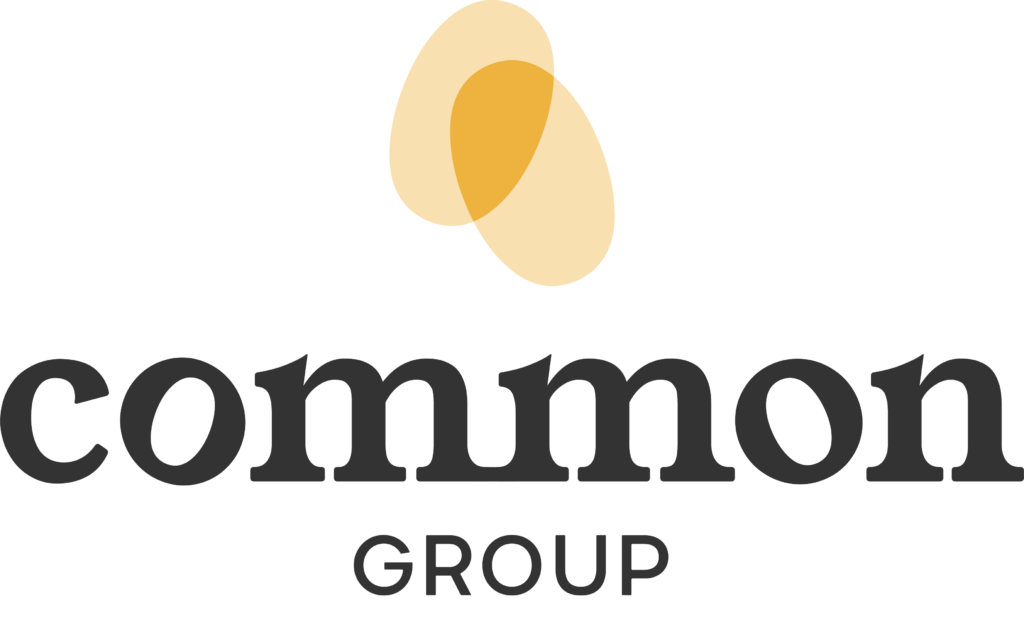
Opportunity Now Colorado is just one of many initiatives Common Group is championing. The social impact consulting firm works across different types of projects with nonprofits, for-profits, and private philanthropy.
Richardson and I had a chance to talk about the organization’s mission earlier this year at the 2023 ASU+GSV Conference in San Diego. She says most of their focus is on closing gaps in educational inequity and on economic mobility.
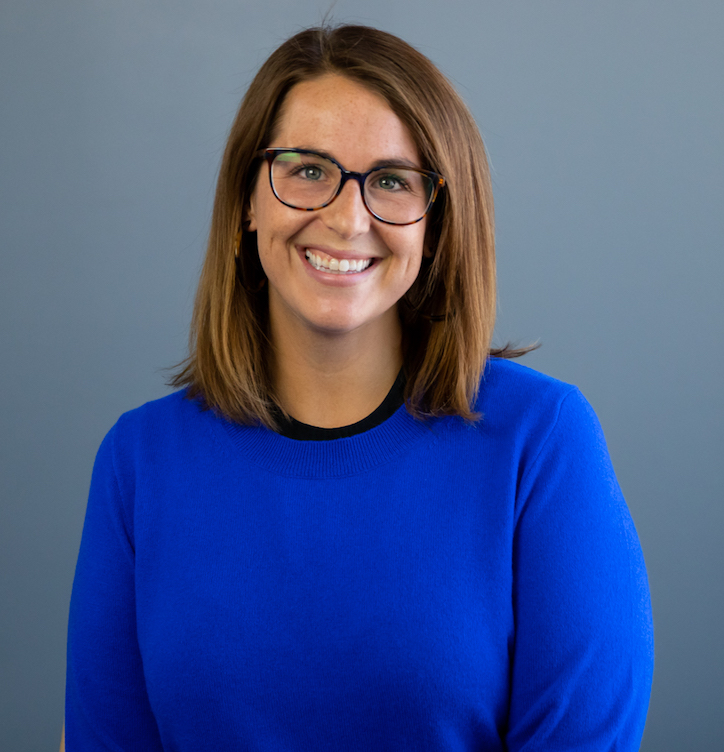
“I come to this work as a former educator, having spent ten years of my career working in schools, primarily as a middle school principal,” Richardson tells me. “Having spent all that time working in schools, it’s interesting now to be on this other side of things and thinking about, ‘What are solutions? What is the funding? What is really needed to innovate the space?'”
Richardson says that one of the key strategies of Common Group is encouraging the participatory voice of the educators and learners they are trying to serve. In other words: listening to their needs and goals.
“I am really proud of the work that we do at Common Group, making sure that we’re centering on constituent voice in these programs that we’re running. I’m hoping we can unearth some insights into what students need, what learners need, and what do teachers need to drive change. Also, how we build that bridge between the voice of learners and students and educators and funders or other people innovating in different ways.”
Richardson says it’s important that education find ways to prepare learners for career exploration and to handle change they will inevitably face ahead.
“Careers change throughout our lifetime. How are we building the mindset and the skills for students to feel confident with their self-efficacy, to explore changes and careers and get comfortable with the question, ‘What do you want to be when you grow up?
“It doesn’t just have to be one thing. It can be many things. So, how do you build that identity and the, the skills to navigate those changes over time?”


